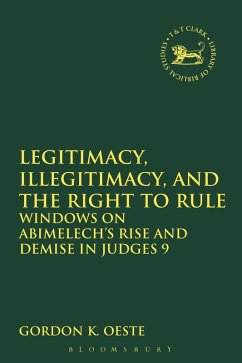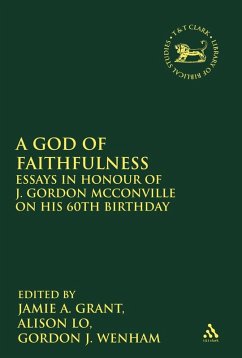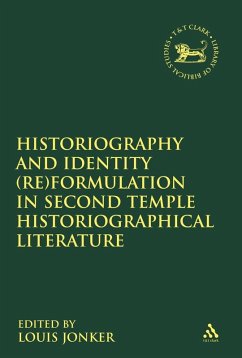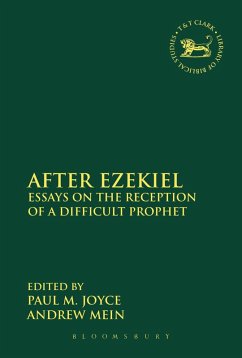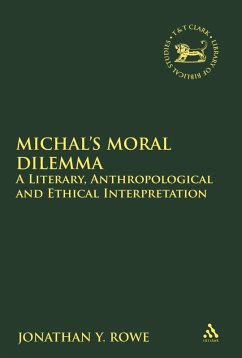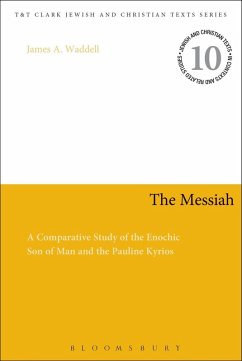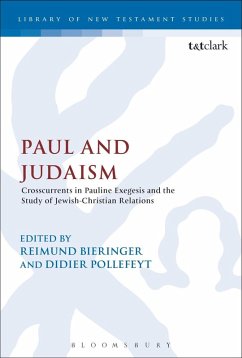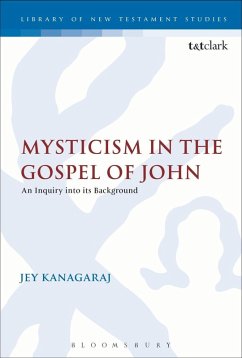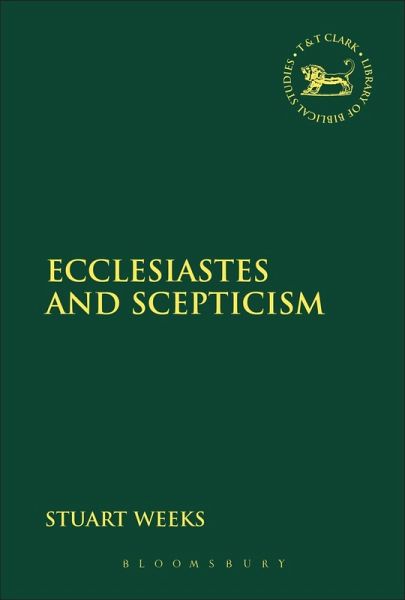
Ecclesiastes and Scepticism (eBook, PDF)
Versandkostenfrei!
Sofort per Download lieferbar
32,95 €
inkl. MwSt.
Weitere Ausgaben:

PAYBACK Punkte
16 °P sammeln!
Scholars often view the apparent scepticism of Ecclesiastes in terms of a reaction against the more confident assertions found in works like Proverbs, and the book does indeed seem to deny the possibility of humans shaping their future or changing their fate through informed action. What appears to concern the work's protagonist, whose monologue occupies most of its length, is not any scepticism about God's activity or consistency, but rather the problems that arise from a human inability to discern divine action or purpose.This study seeks to understand both the roots and the implications of ...
Scholars often view the apparent scepticism of Ecclesiastes in terms of a reaction against the more confident assertions found in works like Proverbs, and the book does indeed seem to deny the possibility of humans shaping their future or changing their fate through informed action. What appears to concern the work's protagonist, whose monologue occupies most of its length, is not any scepticism about God's activity or consistency, but rather the problems that arise from a human inability to discern divine action or purpose.
This study seeks to understand both the roots and the implications of this empiricism, comparing the monologue with other biblical and ancient literature, and suggesting that, although it has points of contact with other texts, its scepticism is largely distinctive, and unlikely to represent some broader tradition.
This study seeks to understand both the roots and the implications of this empiricism, comparing the monologue with other biblical and ancient literature, and suggesting that, although it has points of contact with other texts, its scepticism is largely distinctive, and unlikely to represent some broader tradition.




